The last two choices the Labour Party made for the post of deputy leader for party affairs have both ended badly.
Following the resignation in 2016 of now judge Toni Abela, whose eight years as deputy leader make him the longest-serving in the said post, Labour then chose Konrad Mizzi as his replacement. But his appointment was short-lived as the implications of the Panama Papers scandal forced his removal just two months later. He had also lost Cabinet responsibilities for health and energy, but then Prime Minister Joseph Muscat was reluctant to shove Mizzi aside completely, letting him stay on as minister without portfolio.
Mizzi was substituted by Chris Cardona who, less than a year later, was embroiled in the infamous German brothel allegations. But the then Economy Minister survived calls for his resignation, only to have to give in last week as Prime Minister Robert Abela showed more mettle than his predecessor and demanded Cardona’s departure.
Cardona resisted at first, but ultimately succumbed. His name, as we know, has cropped up in court proceedings related to the assassination of Daphne Caruana Galizia. Cardona continues to deny any involvement, but politically speaking a resignation was the only option. A few weeks ago he had already given up his parliamentary seat.
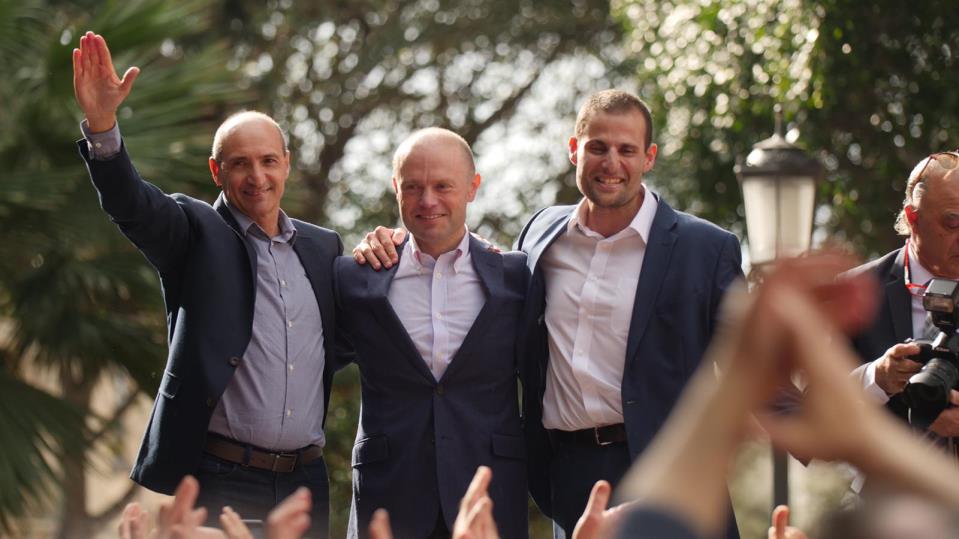
So for the second time this year the Labour Party will need to go through a process of electing one of its three top people. Last January, with Muscat calling it a day under a dark cloud as his office had also been associated with Daphne’s murder, the PL went through an internal election campaign which was won by Abela at the expense of Chris Fearne.
Fearne still holds on to the post of the other deputy leader, responsible for parliamentary affairs, but no matter what Labour says about the Abela-Fearne relationship, it is clear to outsiders that the battle for the leadership left wounds in the higher echelons of the party. Their difference of opinions remains, and it was evident in the way the government tackled the Coronavirus pandemic.
The new PL deputy leader for party affairs will be elected in July and, as expected, speculation on who the contenders can be has already started.
What should Labour be looking for?
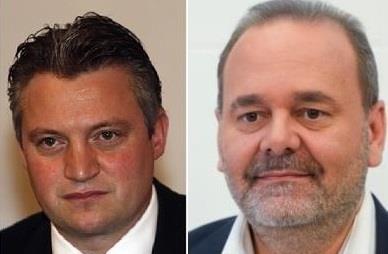
Not another Chris or Konrad
Labour must make the right choice after Mizzi and Cardona. It still leads comfortably according to the latest surveys and a third electoral win in a row is almost a foregone conclusion. The scandals that have rocked the government in the past months – the Muscat, Mizzi and Cardona resignations are the most clear examples – have not dented its popularity, and with a Nationalist Party still far from being united behind its leader and facing its own internal struggles, Labour looks set to keep on ruling the country at least for the next term.
But, having said this, it must not under-estimate the effects of wrong decisions. Labour must try not to repeat its mistakes, and should not appoint someone who turns out to be another Konrad or another Chris. It needs someone with no baggage, and someone whose actions and behaviour lead to no suspicions that his or her choice could later backfire on the party.
As in all other contests for top posts, there will be internal machinations in place to push one candidate at the expense of another – or just one candidate. Abela will be looking to have a strong ally to solidify his position with the new deputy leader’s support, given that Fearne will always remain as the rival who fought against Abela for the top position.
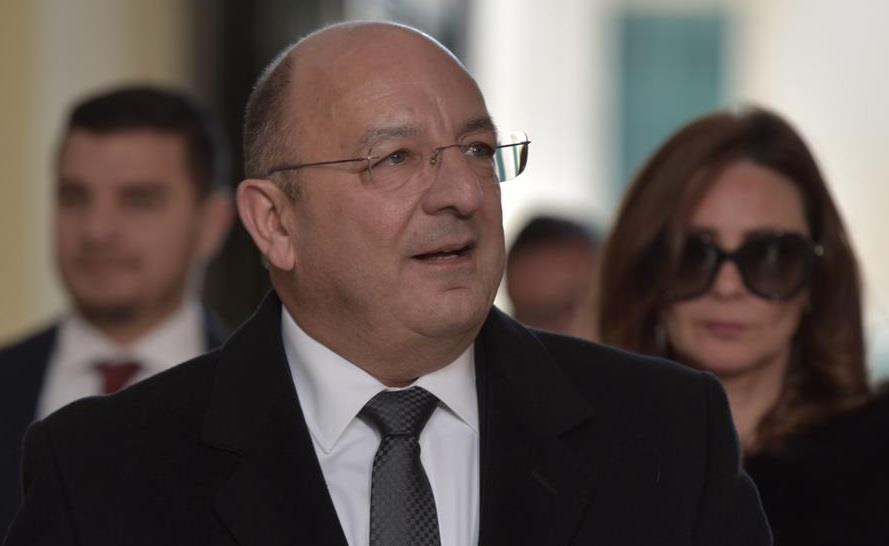
Experience or youth
Minister Michael Farrugia explained the situation quite clearly when he was asked whether he intends to go for the post. The party needs young blood, he said, to take it forward as it is likely that the PL will continue to win for years to come. One may see this as arrogance, although it is what most people believe.
What Farrugia was implying is that people of a certain age should not consider putting their name forward, and we believe that veteran politicians like him are not interested in the post vacated by Cardona.
But how “young” should Labour go?
Labour should not sacrifice experience just for the sake of having a young face. The position of deputy leader is not one to be taken lightly, especially after the Mizzi-Cardona debacle. What is in Labour’s favour is that it has several options to choose from, and the more ardent supporters would say that it is spoilt for choice.
Labour has an up-and-coming crop of young politicians who have already made a name for themselves, and have started to prove their worth in positions that carry great responsibilities. In this respect, Abela has shown how much he appreciates their contribution by giving some of them important ministries in his Cabinet, even though they were elected to Parliament for the first time three years ago. Others rose to top positions in party structures at a young age too.
This shows that Labour is not afraid to give a chance to young politicians. One has to see whether Labour is prepared to give one of them the extra burden of a deputy leadership.
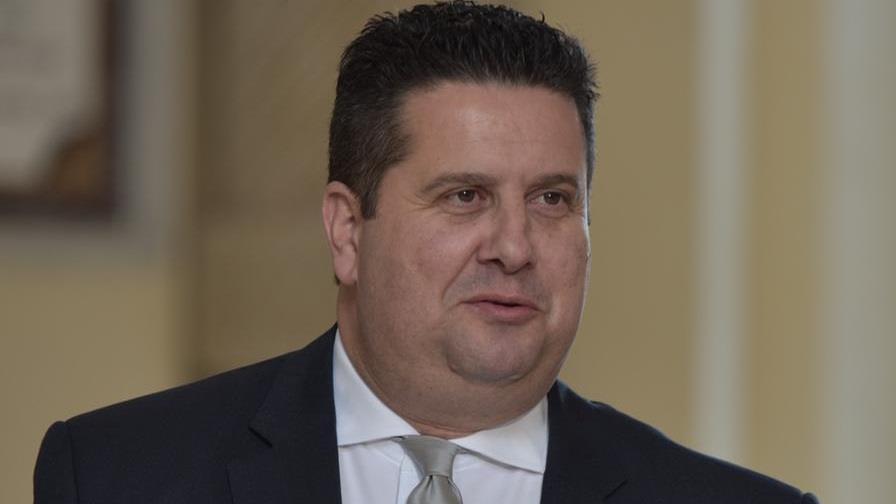
In or out of Parliament
This takes us to another question that Labour must answer. Will the new deputy leader be an MP as the last two were, or will he or she come from the party administration but having no parliamentary seat? Minister Edward Lewis threw open the discussion by saying the new appointee should not be in the House of Representatives, as this would set the race on a district level, rather than one in the best interests of the party. He is afraid that a battle between two or more MPs will harm Labour like the Abela-Fearne clash did.
Zammit Lewis’ line of reasoning has history on its side, and other ministers joined in with the same argument. Before Chris Cardona and Konrad Mizzi were appointed as deputy leaders, the position had been occupied by people who had not been in Parliament for 24 years. After Joe Debono Grech’s tenure between 1987 and 1992 – he was also an MP in those five years – Labour had four deputy leaders for party affairs who were not MPs: George Abela from 1992 to 1998, Joe Brincat from 1998 to 2003 (Brincat had been an MP before 1998, and was elected again in 2003), Michael Falzon from 2003 to 2008 (he became an MP in 2008) and Toni Abela from 2008 to 2016.
If Zammit Lewis’ advice is to be followed, this would rule out various potential contenders. There are certainly ministers who see the opening as a chance to further their career, possibly putting in a foothold to then aspire for even wider horizons. Many of them appear capable of taking on the extra role, and are willing to add to their responsibilities, even though they know it is not easy to wear two hats.
But there seems to be a strong push for a non-MP to take up the post, arguing that someone who is coming from the party structure without having a seat in Parliament would have a better grasp of what the party needs at the moment. He or she will be concentrated in full on the party’s preparations for the next election, rather than having to split between a ministerial role, his or her own bid to be re-elected, and the party’s organisation.
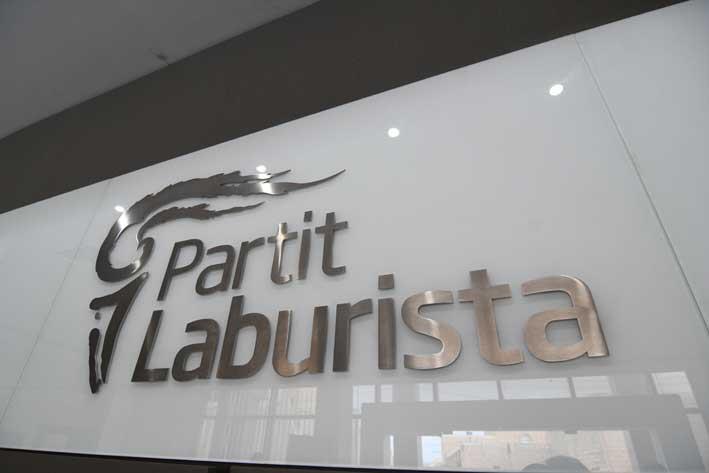
Another man or a first woman
The Labour Party has never had a woman as its deputy leader for party affairs. Agatha Barbara had held the post of deputy leader for parliamentary affairs between 1976 and 1981, and since then no other woman has formed part of the leadership trio in the PL.
Each time the party has had to deal with leadership elections, names of women were always mentioned as possible contenders and there were some who actually did contest, albeit unsuccessfully.
Labour has another chance to break the male dominance in this particular role.
No election
One other option is that only one name is put forward, therefore eliminating an election and instead having just an endorsement. And if there is a drive for someone in particular to be given the post, other people considering their options might pull out of the race even before they join, especially if they see the party throwing its weight behind this contender. It would not be a surprise if Labour goes down this road.